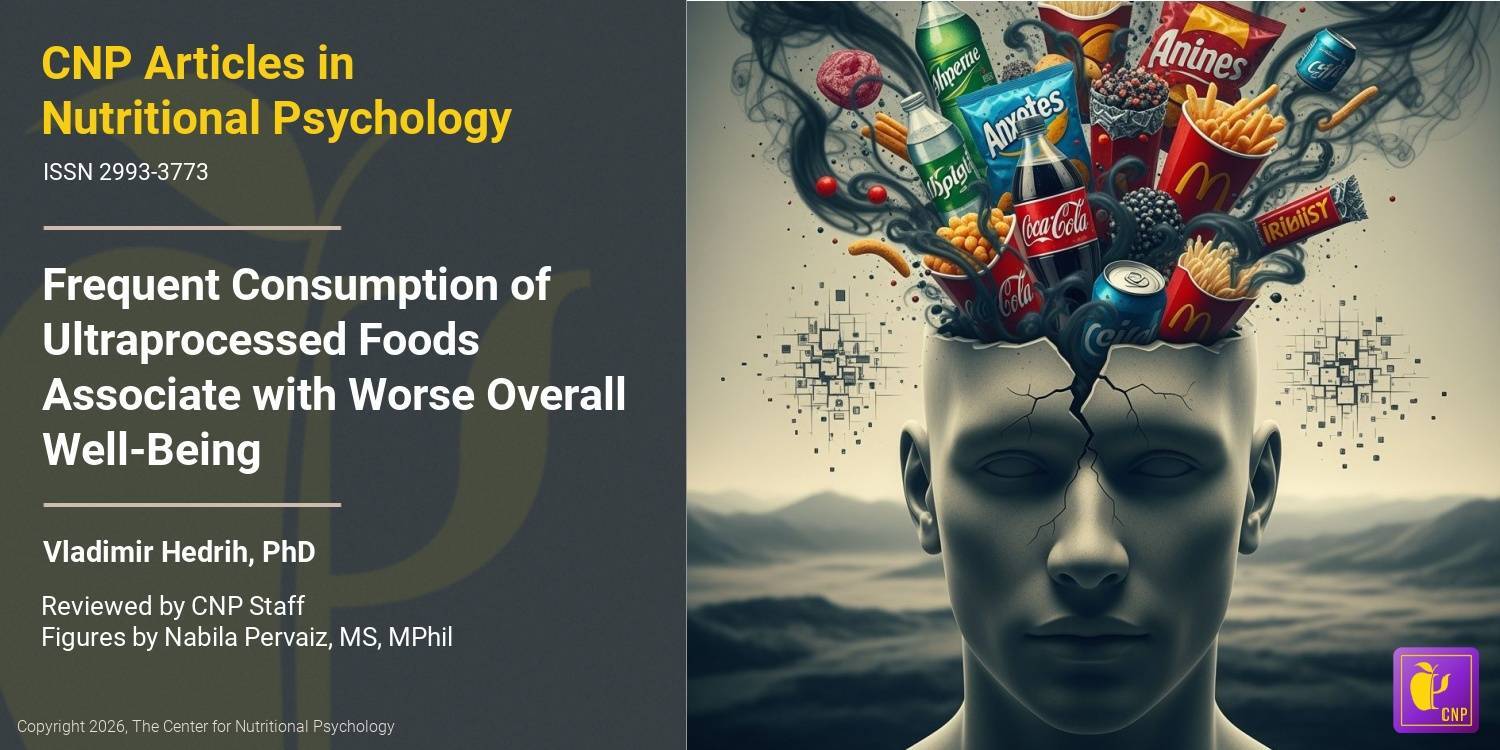Time-restricted eating improves quality of life measures in overweight humans
Time-restricted eating (TRE), a form of intermittent fasting that limits food intake to a defined daily window, has demonstrated efficacy in promoting weight loss. However, its impact on quality of life (QoL) remains underexplored. This secondary analysis of a randomized controlled trial evaluated the effects of a 12-week TRE intervention, featuring an 8-hour eating window, on self-reported quality of life in adults with overweight and prolonged habitual eating durations. Twenty adults were randomized to either a 16:8 TRE intervention (n = 11) or a control group with no eating restrictions (n = 9). Participants in the TRE group were instructed to consume all calories within an 8-hour window each day. Quality of life was assessed at baseline and post-intervention using the 36-Item Short Form Survey (SF-36), a validated measure of QoL. Changes in body weight and correlations with SF-36 domains were also analyzed. Statistical analyses included two-way ANOVA and post-hoc t-tests. TRE participants achieved significant weight loss (−3.7%; p < 0.01), with no significant changes in the non-TRE group. Following the intervention, the TRE group reported significantly higher scores in role limitations due to emotional health (p = 0.02) and in health transition perception (p = 0.001). Additionally, the TRE participants showed greater improvements in both domains (emotional health: p = 0.05; health transition: p = 0.04) compared to the control. No significant changes were observed across other SF-36 domains, including physical function, pain, energy, or general health. A 12-week time-restricted eating intervention did not negatively impact QoL and was associated with small but significant improvements in emotional well-being and perceived health status. These improvements occurred independently of weight loss or changes in eating window duration, suggesting an inherent benefit of the TRE approach. Findings support the feasibility and acceptability of TRE in overweight adults and highlight the need for larger, long-term trials to evaluate sustained QoL benefits and long-term adherence.
Year: 2021

 Navigation
Navigation








